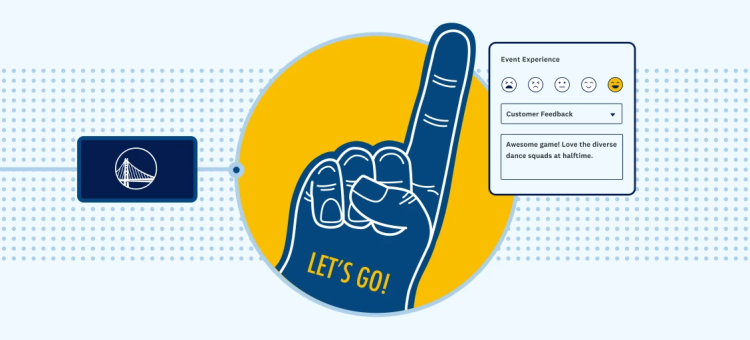In Austria, you can go to a gardening shop if you’re careful to maintain social distancing. In parts of the U.S., you go to a restaurant and sit inside. Rome has reopened its arms to outdoor dining—but people are being cautious and business is slow. All across the world, societies are cautiously reintegrating, but with mixed results.
There’s no doubt that people miss the freedom to shop and eat out—there’s even a black market for haircuts. But do those desires outweigh their fear of the consequences if they do go out? According to our recent international research, the answer for most people is “no”.
Since February, SurveyMonkey has surveyed over 1 million people around the world on SurveyMonkey Audience to get their feelings about coronavirus businesses reopening. In general, people are worried—but they still have room for some optimism.
Here are the overall feelings that people from the U.S., Canada, and the U.K. expressed about a few key coronavirus questions.
Are we opening up too quickly?
In every country we surveyed, the majority of people were concerned that businesses would open (and reintegrate) too quickly—a fear that was especially pronounced in the U.K.
- U.S.:57% are worried that businesses in their area will open too quickly
- U.K.: 70% are worried that businesses in their area will open too quickly, up from last week
- Canada: 56% are worried that businesses in their area will open too quickly
Can the economy recover?
But at the same time, many countries have an almost exactly equal amount of concern about the economic impact of the lockdown.
- U.S.: 57% are worried the virus and lockdown will have a negative economic effect on the country
- U.K.: 60% are worried the virus and lockdown will have a negative economic effect on the country
- Canada: 56% are worried the virus and lockdown will have a negative economic effect on the country
Can my economics recover?
The good news is that, in spite of their fears for the overall economy, fewer people are concerned about their own family finances.
- U.S.: 36% are worried the virus will have a negative economic effect on their own household's finances
- U.K.: 33% are worried the virus will have a negative economic effect on their own household's finances
- Canada: 31% are worried the virus will have a negative economic effect on their own household's finances
When will things go back to normal?
And finally, many people are still hopeful that they won’t have to choose between safety and society for much longer. About three quarters of the population in every country we surveyed was optimistic that things would be “back to normal” within a year.
- U.S.: 25% expect it to be more than a year before things go back to normal
- U.K.: 25% expect it to be more than a year before things go back to normal
- Canada: 28% expect it to be more than a year before things go back to normal
For right now, governments are still trying to navigate the line between keeping public health protected and keeping society going. The citizens of their countries are trying to make their own judgements. They’re tough decisions to navigate, but here’s hoping it gets easier sometime soon. Stay well.



